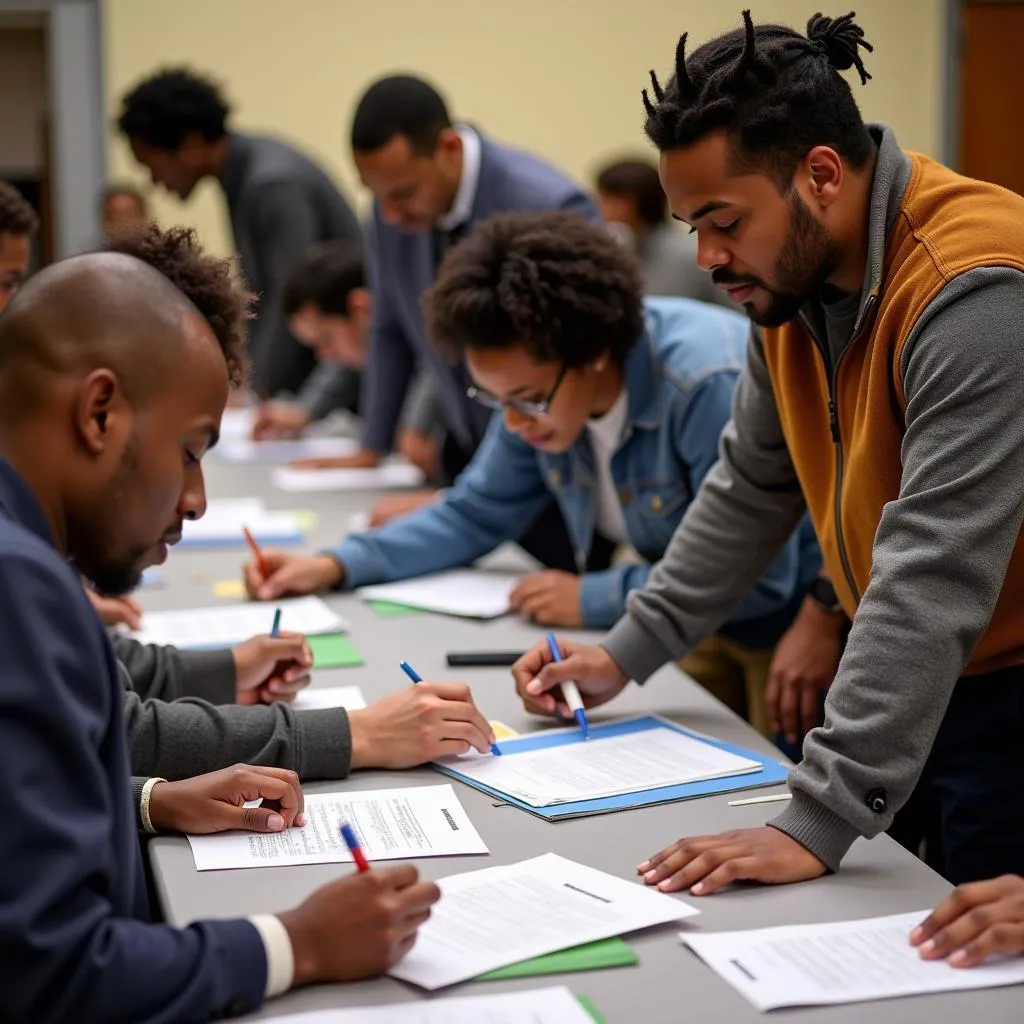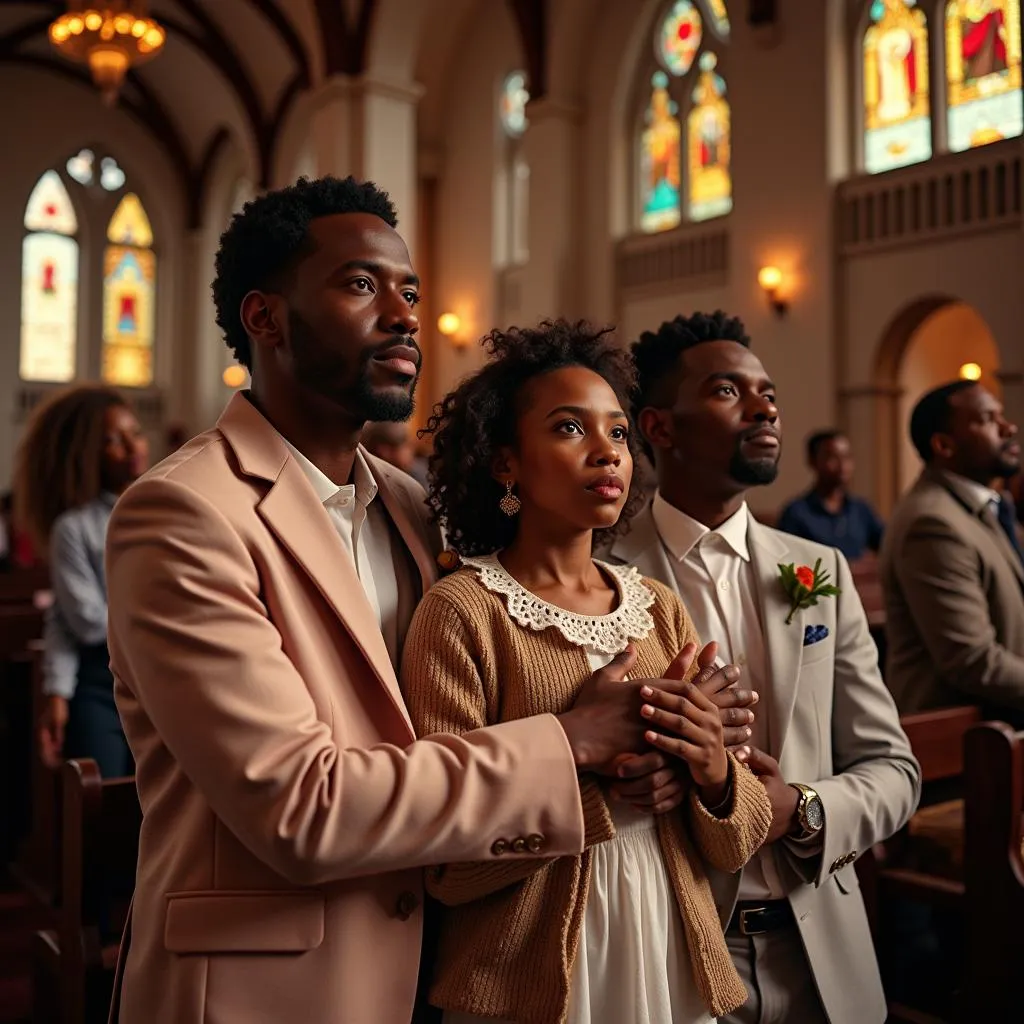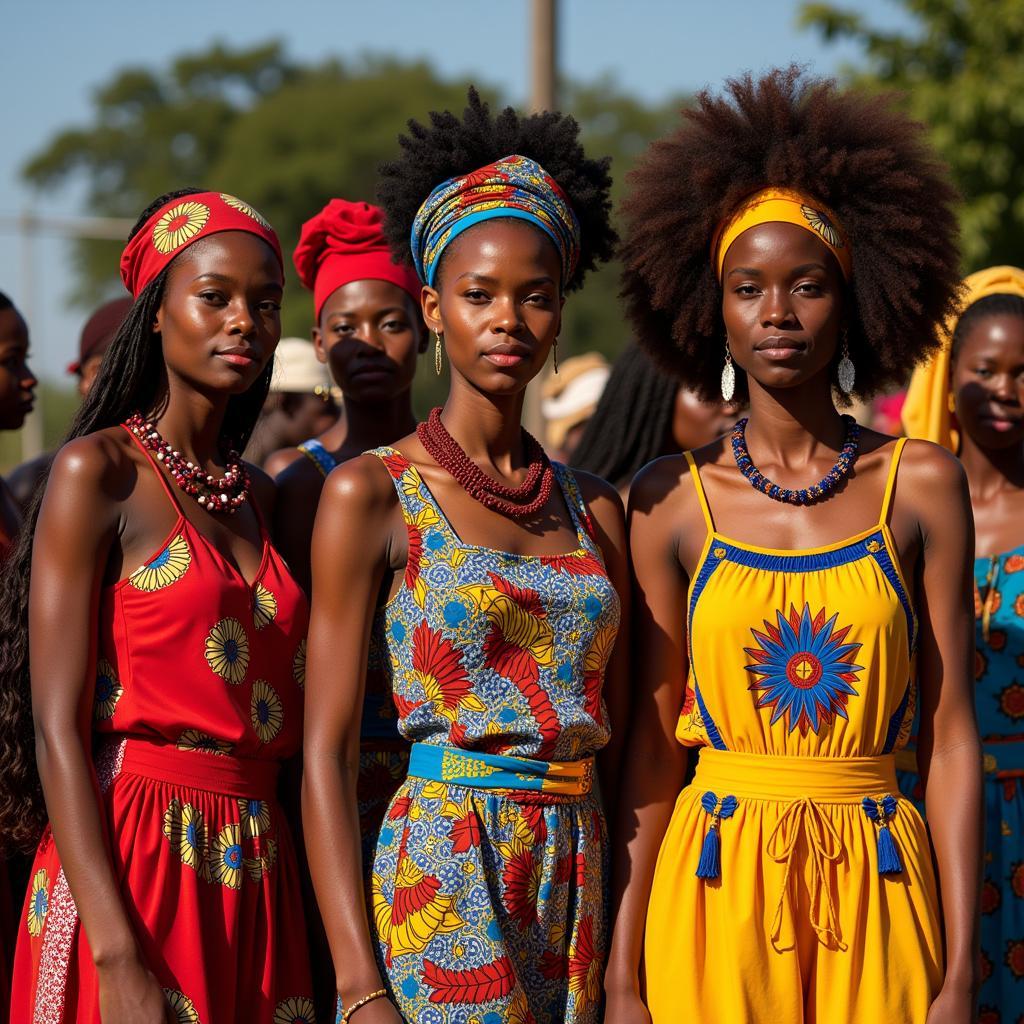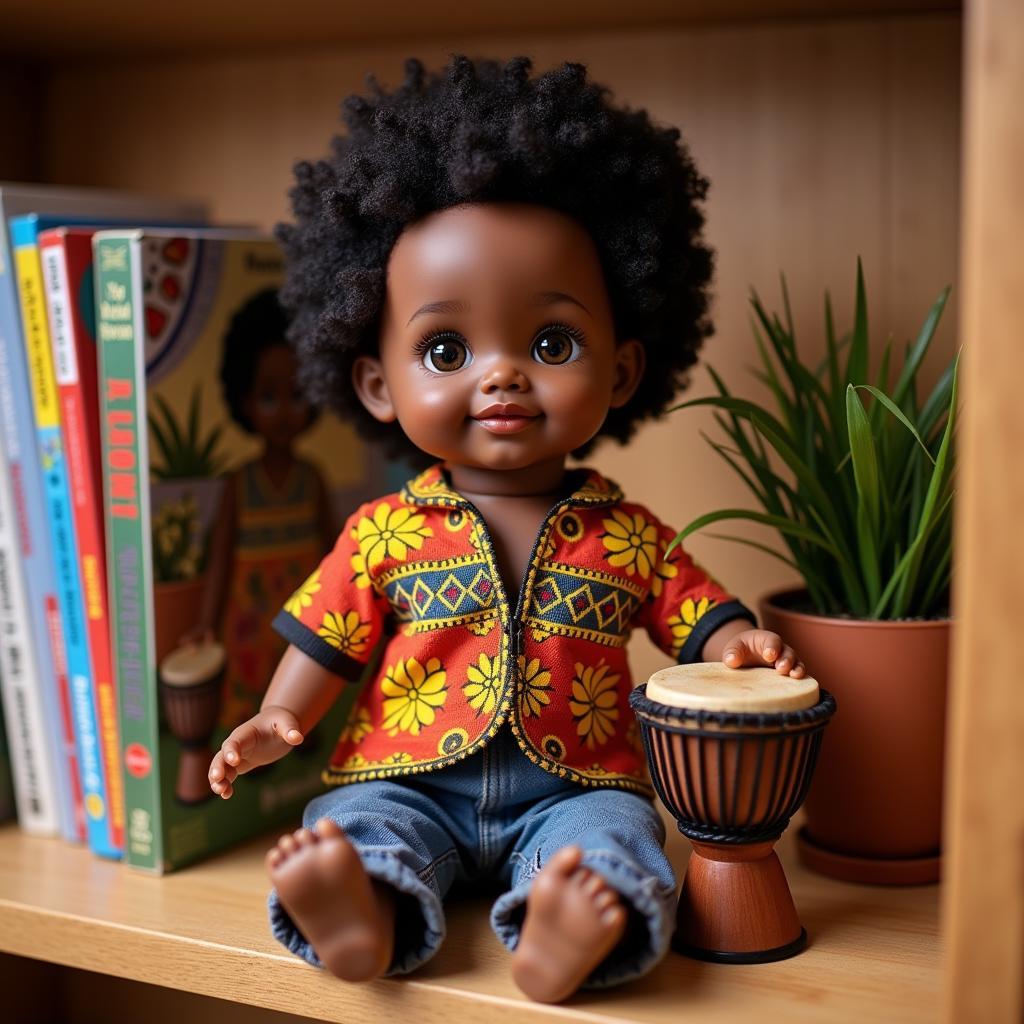African American Trump Support: Unpacking the Complexities
The 2016 and 2020 US presidential elections witnessed a phenomenon that sparked widespread discussion and debate: African American support for Donald Trump. While exit polls showed a majority of Black voters supporting the Democratic candidate, a small but significant percentage voted for Trump, raising questions about the motivations and factors driving this support. This exploration delves into the multifaceted reasons behind this trend, moving beyond simplistic explanations to understand the nuanced perspectives within the African American community.
Deconstructing the Narrative: Beyond Single-Issue Voting
It’s tempting to attribute African American support for Trump to a single factor, but the reality is far more complex. While issues like the economy, religion, and social conservatism played a role, reducing the narrative to these alone risks overlooking the diversity of viewpoints and experiences within the Black community.
 African American Voters Casting Ballots
African American Voters Casting Ballots
Economic Aspirations and the Promise of Opportunity
One key factor often cited is the appeal of Trump’s economic message. Some African Americans, particularly those in working-class communities, felt drawn to his promises of job creation and economic growth. The perception that Trump’s business acumen could translate into tangible economic benefits resonated with those seeking upward mobility and improved financial stability.
Religious Values and Social Conservatism
Shared religious values and social conservatism also played a role for a segment of Black voters. Trump’s stance on issues like abortion and religious freedom aligned with the beliefs of some religiously conservative African Americans, leading them to prioritize these issues over others.
 African American Family Attending Church Service
African American Family Attending Church Service
Frustration with the Status Quo and the Two-Party System
Another contributing factor was a sense of disillusionment with the Democratic Party and the perceived lack of tangible progress for Black communities despite years of support. Some African Americans felt that the Democratic Party had taken their vote for granted and failed to adequately address the issues impacting their communities. This sentiment fueled a desire for change and a willingness to consider alternatives, even if it meant supporting a candidate with controversial views.
“For too long, we’ve been told to vote for the same party, but what have we really gotten in return? We need someone who will actually fight for us, not just take our votes for granted,” stated Michael Johnson, a small business owner from Detroit.
The Power of Identity Politics and the “Blacklash” Phenomenon
Some scholars have pointed to the influence of identity politics and the concept of a “blacklash” against what was perceived as an overly liberal agenda. This perspective argues that some Black voters felt alienated by the Democratic Party’s focus on issues like LGBTQ+ rights and immigration, which they perceived as detracting from concerns specific to the Black community.
Looking Ahead: Understanding the Nuances within a Diverse Community
It’s crucial to avoid monolithic portrayals of African American political views. The factors driving support for Trump were diverse and complex, reflecting the heterogeneity within the Black community. Economic anxieties, religious values, disillusionment with the political establishment, and the complexities of identity politics all played a role. Moving forward, it’s essential to engage with these nuances and understand the diverse perspectives within the African American community to foster a more inclusive and representative political landscape.



